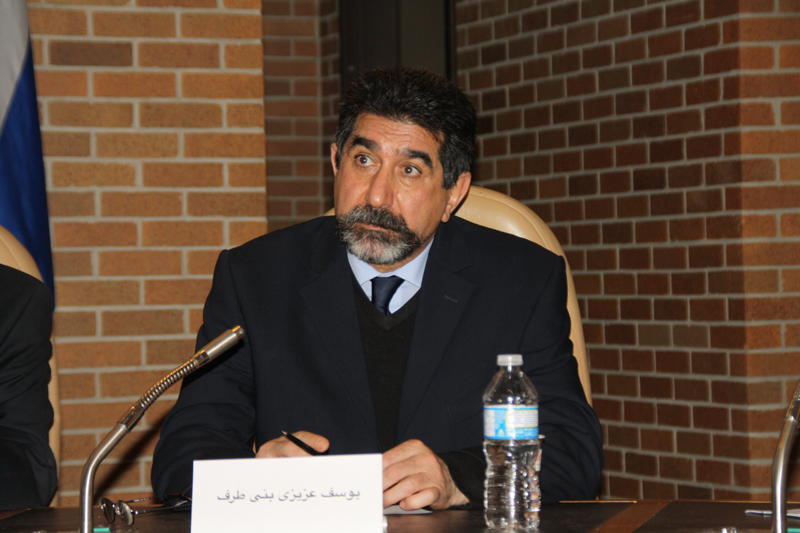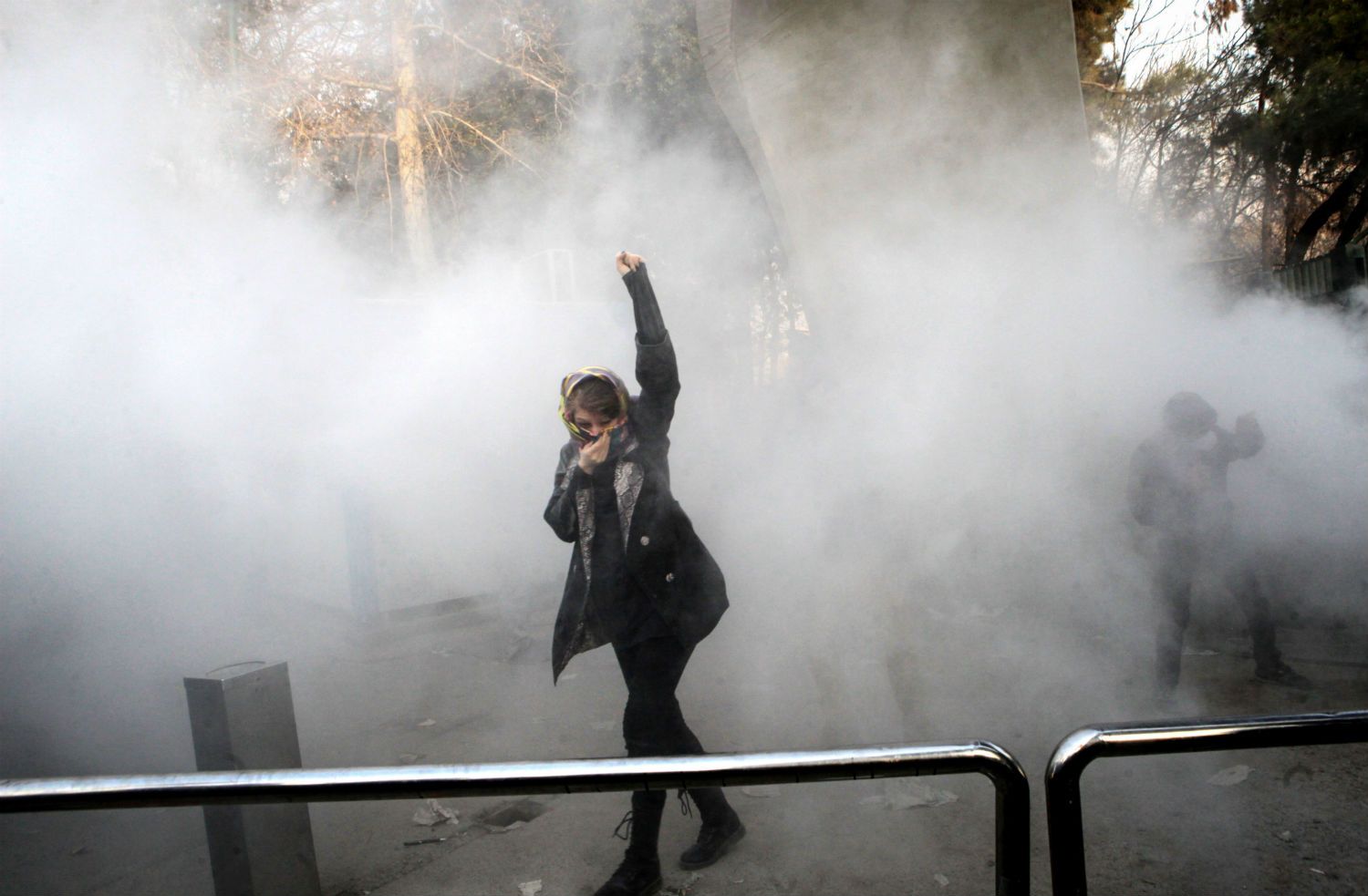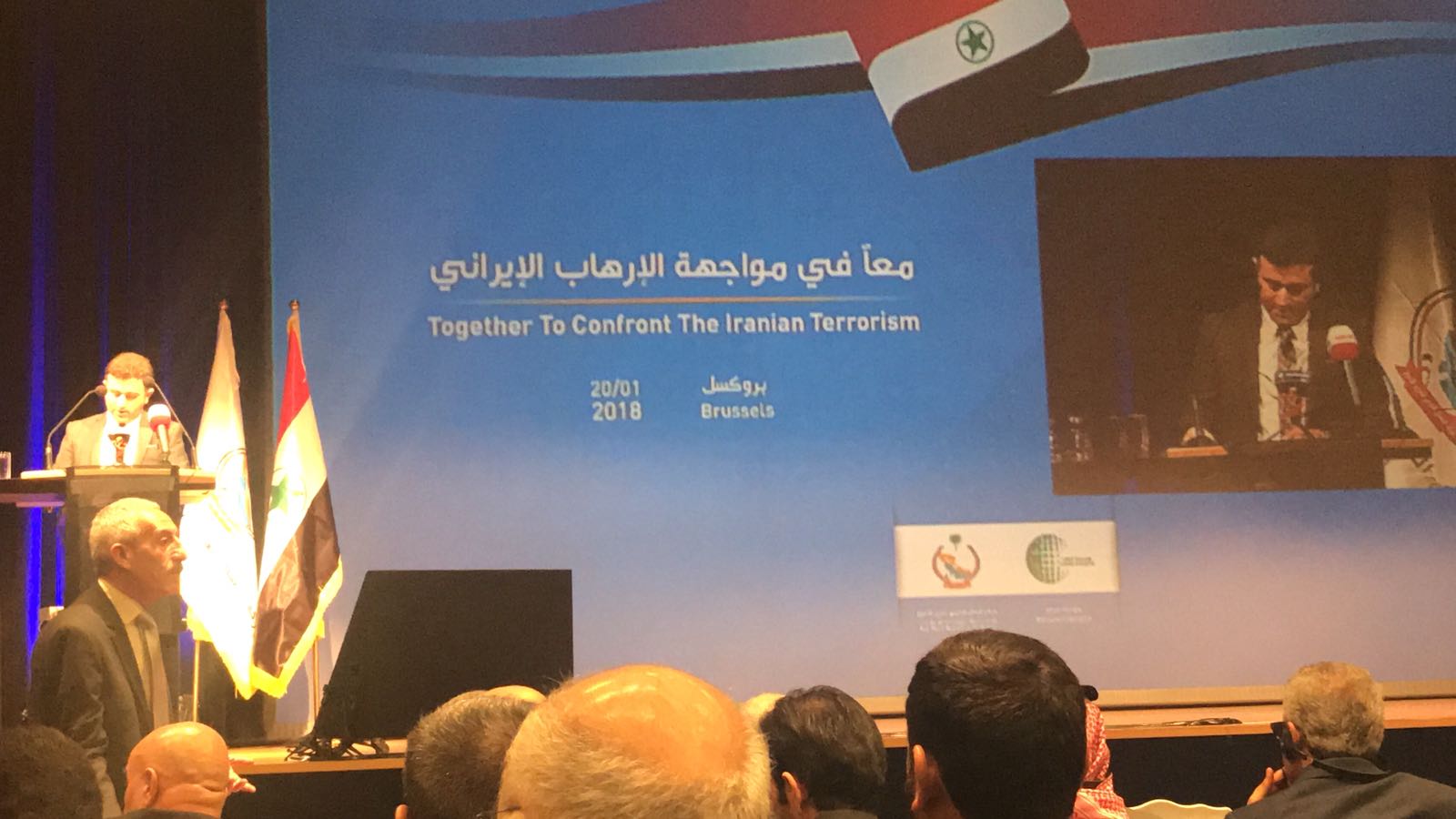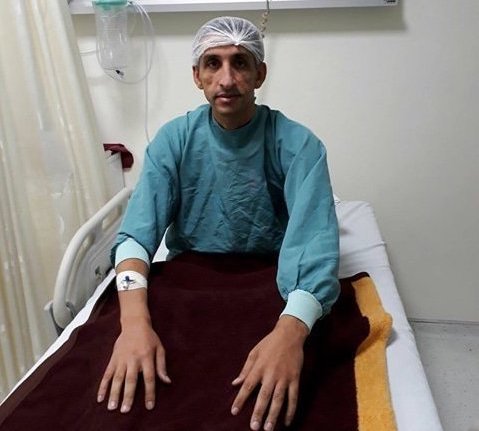Ahwazi protesters set light to mall following latest savage racist attacks on Arab traders by regime forces

By RAHIM Hamid
Ahwazi protesters set light to a commercial complex in Ahwaz city centre where Arabs are forbidden from trading following the latest racist attacks by regime security forces on Ahwazi Arab vendors who had set up stalls outside the mall.
The Iranian security forces, assisted by municipal enforcement officers, launched the brutal attacks on Ahwazi Arab vendors outside the commercial complex in the city’s Naderi Street, injuring many, both male and female, as well as arresting dozens more and confiscating their merchandise; the assaults followed complaints from Iranian store owners in the mall about the unofficial stalls near the mall entrance. Some of those injured in the security forces’ savage assault remain in a critical condition.
Despite the fact that Ahwaz is an Arab region, Arabs are not allowed to own their own outlets in the mall, where licenses are only given to Iranian traders who are also offered financial and other benefits by the regime for relocating to Ahwaz, with local Arab peoples being forced to rely on the income from market stalls and other informal, low-income jobs to feed their families.
This latest racist attack by Iranian regime forces on Arab street vendors, whose primary “crime” for the regime is their ethnicity, drove protesters to launch an attack on the mall itself, in which they set fire to it.
This is just one more example of the systematic racism towards and persecution of Arabs by the Iranian regime, whose unjust and discriminatory policies towards the Ahwazi people further inflames the existing anger at the decades-long Iranian occupation and exploitation of their lands, which goes hand in hand with policies which can only be described as apartheid.
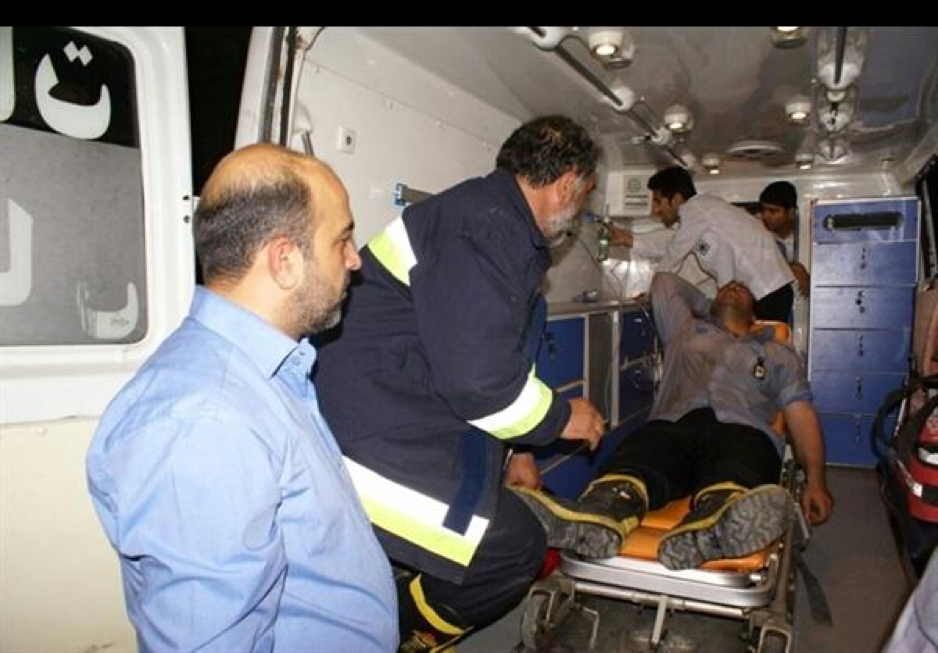
Despite the fact that over 90 percent of the oil and gas resources claimed and relied on by Iran are located in the Ahwaz region (renamed Khuzestan province in 1936 by Iran’s then rulers), the Ahwazi people are denied any of the income or associated benefits from the massive wealth attained from these resources, being very deliberately kept in conditions of medieval poverty and even denied employment in the oil and gas sector, as well as other fields.
By RAHIM Hamid


